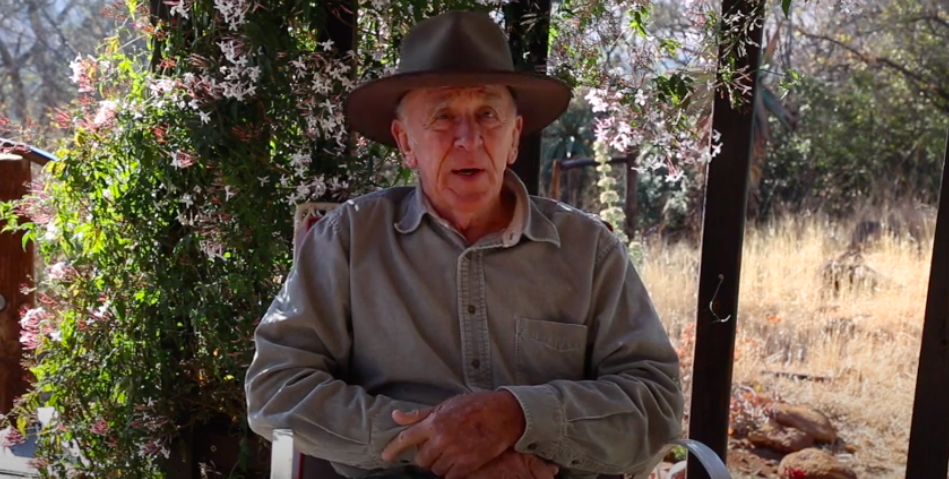
The story of how a collection of extended families and loose-knit clans of relatively peaceful pastoralists were transformed into the most powerful military force in sub-Saharan Africa during the early years of the 19th century, defeating amongst others the might of Victorian Britain.
Click here to watch the first in the series.
From about 500 AD, the Nguni people, who had established a successful pastoral culture, in what is today modern-day Kenya, began a gradual southward migration in search of grazing for their expanding herds of cattle – these animals also being known as Nguni. This led them initially into the coastal area south of Delagoa Bay and north of the Thukela River, which was so suitable for their cattle that they called it ‘the place resembling heaven’ – KwaZulu. They became known as the ‘People of Heaven’ – abaKwaZulu. By 1500 AD, all the east coast grasslands of the sub-continent had been occupied by Nguni families and clans. In about 1690, a Nguni wanderer named Malandela settled with his extended family on the coastal lowlands of the umHlathuzi River. The circumstances of Malandela’s death a few years later, were such that his rightful heir, Qwabe, was overlooked and the family’s cattle passed to another son – Zulu. The family then divided, with Zulu and his followers moving inland to settle in the upper reaches of the White imFolozi River where they thrived. Today Zulu is believed to have been the founder of the Zulu clan and would become known as inKosinkhulu – the great chief. Over the years his descendants – Ghumede - Mageba - Phunga – Ndaba would preside over the clan until by the 1770s the Zulu chief would be Jama. His son, Senzangakhona, was recognized as his indicated successor.
Disclaimer: Any views expressed by individuals and organisations are their own and do not in any way represent the views of The Heritage Portal.
